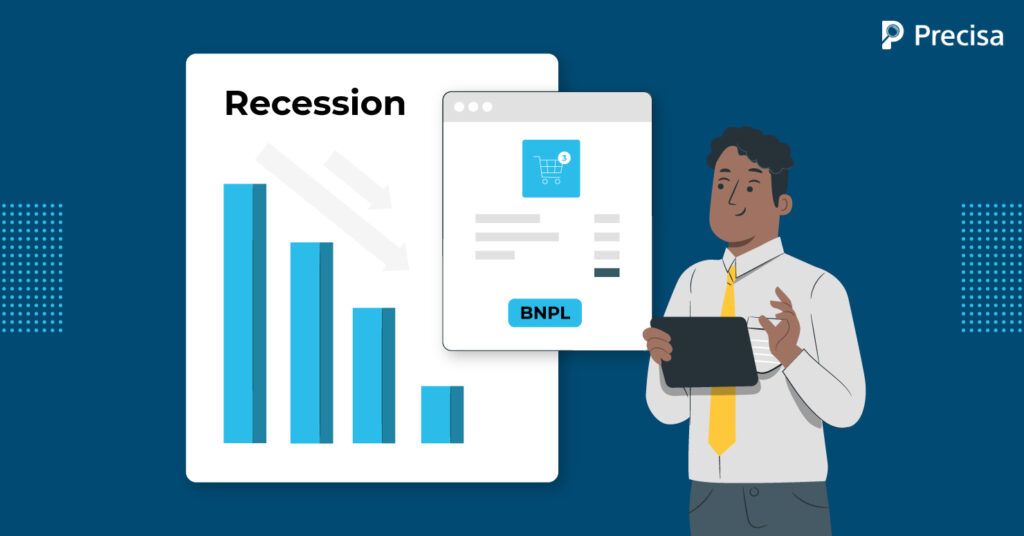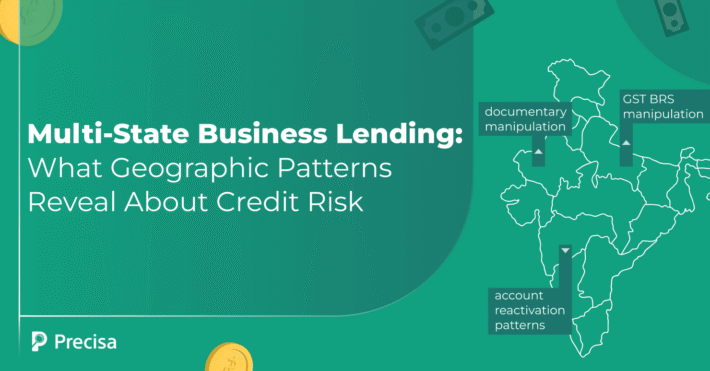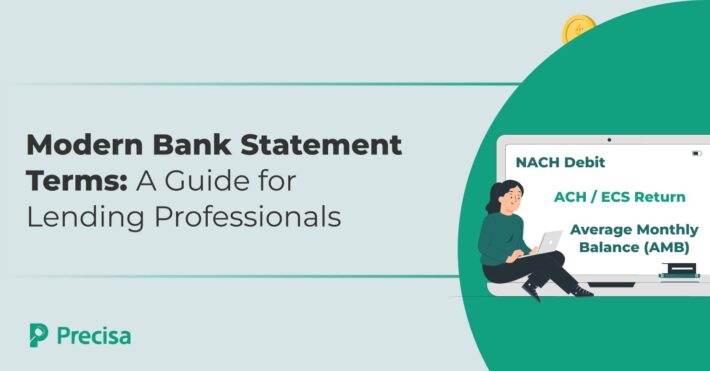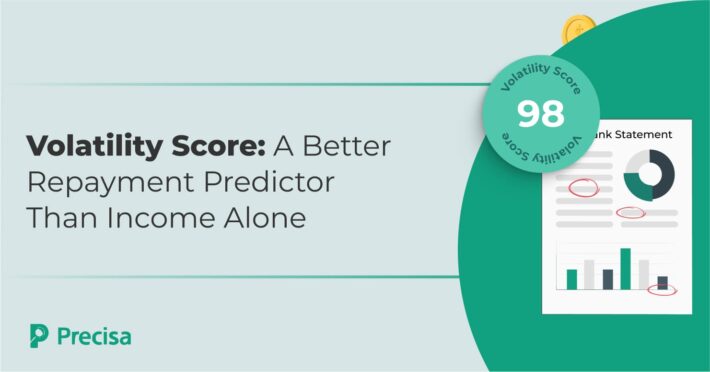What Does a Situation Like an Uneventful Recession Mean for BNPL?

Buy Now Pay Later (BNPL) services are steadily gaining popularity in the Indian market. The value of these services is expected to reach INR 1.1 trillion ($15 billion) in 2026, growing at a compound annual growth rate (CAGR) of 32.5% between 2022 to 2026.
The COVID-19 pandemic, aided by factors like impulsive buying and disposable income among the younger, tech-savvy users; increasing demand for short-term credit; preference for online shopping- all contributed to the growth of Buy BNPL services.
While the concept of credit is old, rapid digitisation has added to the popularity of these services by making short-term credit readily available to a large segment of the population.
However, the soaring inflation and the looming recession have raised fears about the survival and growth of BNPL services. Read below about the likely impact of the recession on this financial service sector.
Impacts of Recession on BNPL
Recession leads to a drop in consumer spending, and credit from banks becomes hard to procure. However, things may not be the same when it comes to BNPL. As per a report from Britain, over a third of shoppers said Buy Now Pay Later became more lucrative as the cost of living rose.
Be that as it may, the high dependence of lower income groups on BNPL could spell trouble during a recession, despite expanding the BNPL customer base in the short term.
For example, new and existing BNPL customers may face the tough choice of paying for necessities and bills or repaying the loans they took months back, resulting in higher defaults and delinquencies. This may also lead BNPL providers to reduce the acceptance rate while imposing specific restrictions.
Therefore, the recession will prove to be a litmus test for the risk management systems and integrity of BNPL lenders whose business model focuses on small-ticket transactions.
Surviving the Storm: Strategies for BNPL Companies to Thrive During a Recession
Buy Now Pay Later companies may adopt these strategies and adapt their business model to deal with the looming recession.
1. Introduction of New Restrictions
The survival of the BNPL model hinges on prompt repayments, and a rise in defaults would spell trouble for them. Unlike credit cards which offer an open line of credit till a pre-specified limit, BNPL services finance one-time purchases and cannot reduce their credit lines.
Therefore, BNPL providers would have to be more selective when approving partial payments and restrict the loan size to reduce their losses due to defaults.
2. Improved Reporting and Seamless Integration
Credit bureaus have access to details of all loans and their repayment history for an applicant. This lets them assess the individual’s creditworthiness and risk profile, which enables lenders to make more informed decisions when sanctioning a loan.
However, no such information-sharing mechanism is available for BNPL services. The absence of adequate information on the debt profile of a customer may lead to higher chances of default.
Therefore, introducing a transparent reporting process enabled by fintech solutions and integrating open banking for persistent data sharing can help BNPL companies screen customers and reduce the odds of default.
3. Explore Alternative Revenue Models
The impending recession may force BNPL service providers to seek alternative revenue sources. Ideally, the lenders should explore options of levying higher merchant fees or some version of charging the borrower.
Currently, BNPL lenders do not impose charges on customers; hence, the move to impose such charges may incur some resistance.
However, a modified BNPL model where the consumer is charged some fee rather than imposing interest could be a more acceptable option to increase revenue, balancing regulatory considerations with the chance of improving overall profitability.
4. Focus on Innovation
A positive impact of the recession on the BNPL sector could be a push for innovation for the lenders to stay relevant and profitable.
Recessions are often considered an opportune time to innovate and float new ideas as lenders remain eager to extend their range of services and innovate to continue their operations and grow.
BNPL companies could focus on innovative fintech-enabled products and services that help customers save, invest and manage cashflows. This could help these lenders stay relevant in the changing economic ecosystem.
Additionally, Buy Now Pay Later companies can offer solutions to businesses and individuals that help them manage their financial issues arising from recession. This could spell a win-win for the customer and the service provider.
5. Market Segmentation
Currently, BNPL companies offer one-size-fits-all products. Lenders adapting to the economic recession will have to start focusing on market segmentation to offer products customised as per specific user requirements.
Product differentiation as per target customer can help lenders reduce delinquencies and increase their operations.
The Future Outlook for BNPL Services
Experts deem that regulations on BNPL could rise in the short term under such economic circumstances. However, the difference between point-of-sale credit and other options like credit cards and consumer finance will reduce.
Additional finance options may regain some lost ground which could lead to some consolidation in the BNPL segment.
In the long term, as the consumer finance market matures, flexibility, low or no-cost finance, and reasonable hassles could sustain attraction for BNPL because checkout finance also benefits merchants through increased sales volumes.
In Conclusion
The Buy Now Pay Later services have made a mark in the minds of consumers and merchants. Recession is likely to throw a few challenges to this industry, resulting in a shake-up and kickstarting many changes across the board.
Precisa offers customised solutions for BNPL providers to help them assess the customer’s creditworthiness to reduce the chances of defaults and aid faster approvals. For example, leveraging our Bank Statement Analysis tool can help make an intel, data-driven decision about prospective customers’ creditworthiness.
Book a demo to learn more!




